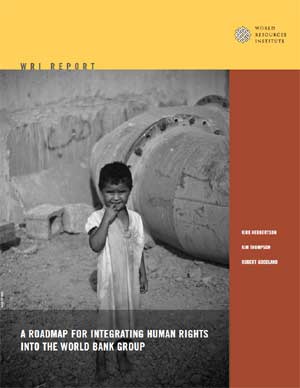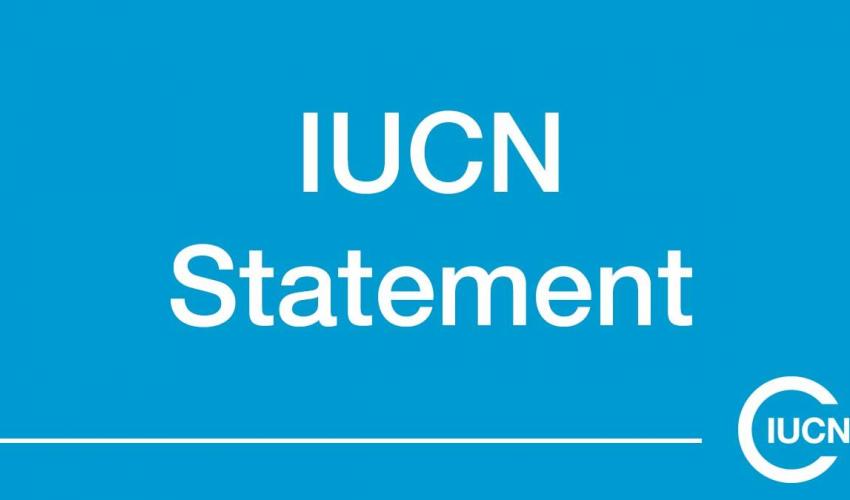A Roadmap for Integrating Human Rights into the World Bank Group
CEESP TSEAPRISE member, Robert Goodland has been involved in a significant report on human rights and the World Bank.

Photo: TSEAPRISE
This report argues that human rights are an integral part of effective and sustainable development, and thus should be explicitly considered in all World Bank Group (WBG)* investment decisions. We examine the WBG's integration of human rights standards into its operations - highlighting accomplishments, shortcomings, and barriers and suggest ways forward.
The international human rights framework has a complex and often politicized history. Human rights have traditionally been seen as duties held by a government with respect to each citizen in its jurisdiction.
Defining the role of other actors whether private or intergovernmental has proved more controversial. Human rights are also diffi cult to quantify, and thus difficult to manage. While many countries recognize a human right to clean water, for example, the question of how much clean water per day is essential for individual human dignity remains unresolved. Furthermore, the implementation of human rights remains a challenge. The UN and numerous human rights organizations are working to clarify roles and responsibilities, help guide implementation and resolve key questions such as: which rights are universal? Do human rights refl ect cultural biases of western countries? How does the human rights framework help manage trade-offs when resources are scarce?



